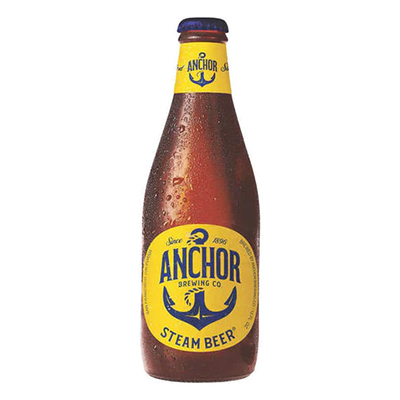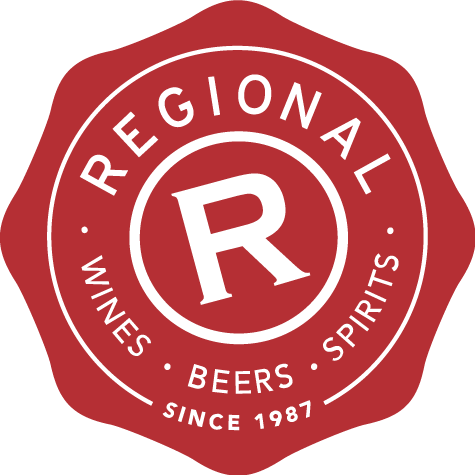
Anchor Steam Beer and the art of stealing a style...
Well not exactly. Steam beer actually finds its roots in the Bavarian Dampfbiers which were brewed at high temperatures in the 1800s - and it is most definitely liquid.
It’s thought the Germanic descent of early settlers/brewers in the US introduced this style to the country and, in this respect, it is very much the precursor to the Californian Common.
The Californian Common is a style which falls into the American amber/brown category and is a lager made in a style more akin to an ale, using lager yeast but top fermented at warm temperatures. The style therefore straddles the characteristics of lager and ale - and has me thinking of the uber-trendy Cold IPA (which is really an ale fermented with lager yeast).
The modern derivation of today’s steam beer is thought to come from the process of brewing without the means of modern refrigeration which took place in San Francisco at the end of the 19th century. The beer was allowed to cool naturally using a large open fermenter, and at night would let off steam as the temperatures dropped.
Originally, these were cheap beers and were consumed by blue collar workers - but the style is now incorporated into the micro and craft brewing scene, mainly thanks to Anchor Brewing Co, who even went as far as trademarking the term Steam Beer in 1981. Let’s crack it and see why they went to such great lengths…
It pours a lovely deep amber with a slightly off-white head. The nose certainly offers some ale esters and an obvious malty profile, but there’s some steely lager-like notes and citrus aromas too. The palate goes in the same direction with a Jekyll and Hyde like quality; is it a light sophisticated ale or a robust and slightly uncouth lager? There’s some lovely bitterness at the death too which makes for a pleasant refreshing mouthful…
It’s a real drinker, I’ll give it that, and it does exactly what we have been led to believe it will do in regard to how it’s been made. It also fits nicely into the modern easily quaffable, lager/ale hybrid niche. This isn’t a complex beer, but there’s more going on than you’d find in a common-or-garden lager.
Trademarking what is essentially a beer style is a strange notion in this day and age, especially when you consider the style had already existed for nigh on 100 years in the US, and possibly for longer elsewhere in the world. To me it seems undemocratic and prohibitive - but as we see time and time again in brewing - you can’t stop its evolution. Prevent people calling beer one thing and they will just take the style, tweak and amend it, and call it something new… and that is one of the beautiful things about the world of beer.
